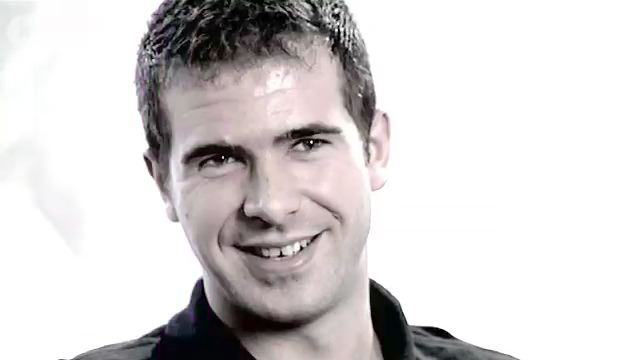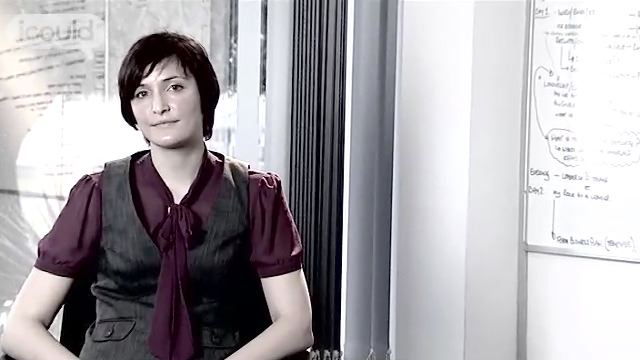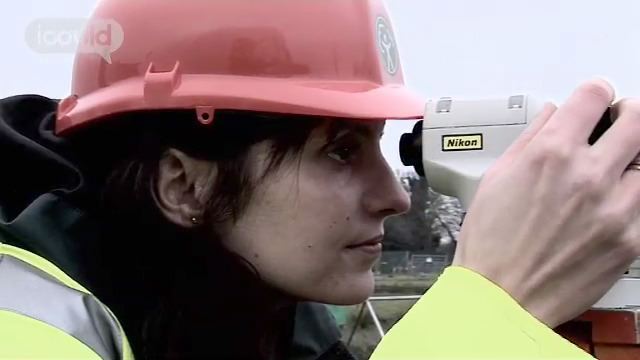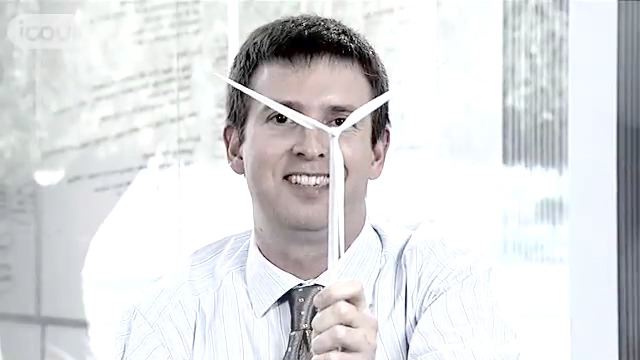Boiler Team Leader
E.ON
Alex L
00:00:03 My name’s Alex L, I’m a Boiler Engineer at Ratcliffe Power Station. As part of my job, it’s maintaining the plant, supervision of contractors whilst on site, we fix the plant if it breaks down. And I enjoy I suppose largely the variation. So we come to work, depending on how the plant’s performing – if the plant breaks down it’s all hands to the pump, we need to get involved, you are on call, in terms of if the plant breaks down – it’s a 24 hour plant, so if it breaks down in the middle of the night, sort of late hours, the plant doesn’t choose, it’s a machine effectively – or machines – built together, that if it breaks down you need to be at the beck and call to fix it.
00:00:39 I became interested in engineering fairly early age, from my father being a Mechanical Engineer, and also my grandfather was a Chartered Mechanical Engineer. I also enjoyed – I’m interested in cars so I enjoyed tinkering, watching Dad do maintenance on our car. If there was anything to dismantle, I’d dismantle it, effectively break it, try and put it back together again. Sometimes it worked, sometimes it didn’t. My original aspiration of a career path was to be a Test Driver. I wanted to be a Test Driver – obviously testing cars on a test track, and you needed an engineer experienced – an engineering background to do that, you need to know how the car’s performing. So that – it sounded like a good fun job.
00:01:19 At school I was always slightly unsure. I didn’t know if I wanted to be a teacher, I always enjoyed trying to show people how to do things. I enjoyed CDT at school, so it did lead me down the route to engineering. And looking at the – as a result of careers interviews, looking at my grandfather’s and father’s jobs, speaking to friends, I decided that engineering was the way to go. The turning point that led me along the route to engineering would have probably been my work experience placement, which was two weeks with National Grid Company. That gave me an insight into the electricity generating – the power industry. And from that it gave me that motivation, ambition, to work towards a career in this field.
00:02:01 I went to University in Sheffield, so it involved moving away from home which again, good experiences. We worked as a team of engineers, we all worked as students together so if we had a project we’d help each other. The first year was quite – quite intense. There were – I was doing more – more hours of class time than what a lot of my friends were. But there was partly practicals, also there were tutorials, and then they’d be followed up – followed up by lab sessions or demonstrations. So it did keep your interest, and the weeks – the weeks went quickly, yeah, you learnt a lot.
00:02:33 I did a year’s placement at Iron Bridge Power Station as a boiler team engineer there, and gained very good experience, practical experience, which you don’t learn as much of at University, so engineering in the real world, effectively. And from then I did look to go back into the industry, but there wasn’t a vacancy at Iron Bridge, where I’d previously worked, and a job came up at a company that my friend worked at, which was Sam… Cutting Tools, and effectively I took that opportunity at the time.
00:03:00 Outside of work, I like to think I’ve got a range of hobbies. I’m into – I’m into my sports, I like going to the gym, go swimming, I really enjoy mountain biking – you’re battling against nature, it’s good for fitness, you need motivation, stamina – so it’s a good sport all round. I like my music, both going out listening to music, and with friends socialising, I also play the keyboard. So outside work there’s definitely a work/life balance.
00:03:25 In terms of inspirational it would definitely – well two people – it would be my grandfather and my father, in terms of leading me along the route of engineering. And just, I suppose, promoting my interest in it. Speaking to them about their working life, their career, different paths they’ve taken. My grandfather passed away a year ago, but my father’s very pleased that I’ve followed in his footsteps. My grandfather unfortunately won’t see me work to become Chartered, but that’s my aim, to work to become a Chartered Mechanical Engineer. It’s a sort of benchmarking, and it’s recognised throughout engineering, the actual profession. It’s a fairly long process, you’re talking a few years, to become Chartered, but hopefully it will be worthwhile.
00:04:06 ENDS
Third generation engineer Alex L has followed his passion for taking things apart and fixing them. Now with electricity generation firm E.ON he is building on his degree and work placement knowledge. Alex maintains machinery, supervises outside contractors and hopes to fulfil his ambition of becoming a chartered engineer. He also values an active social life and a good work/life balance.
More information about Electrical engineers
The UK average salary is £29,813
There are 37.5 hours in the average working week
The UK workforce is 47% female and 53% male
Future employment
- Conceives and develops engineering designs from product ideas in electrical engineering
- Supervises, controls and monitors the operation of electrical generation, transmission and distribution systems
- Determines and specifies manufacturing methods of electrical systems
- Ensures that manufacture, operation and maintenance comply with design specifications and contractual arrangements
- Organises and establishes control systems to monitor the performance and safety of electrical assemblies and systems



